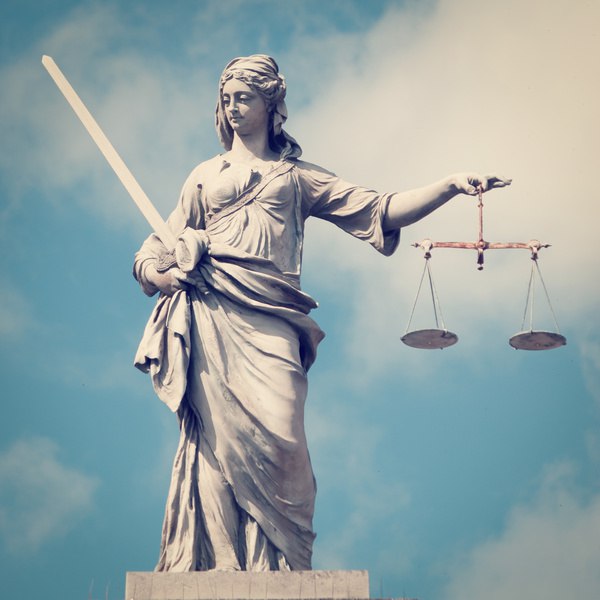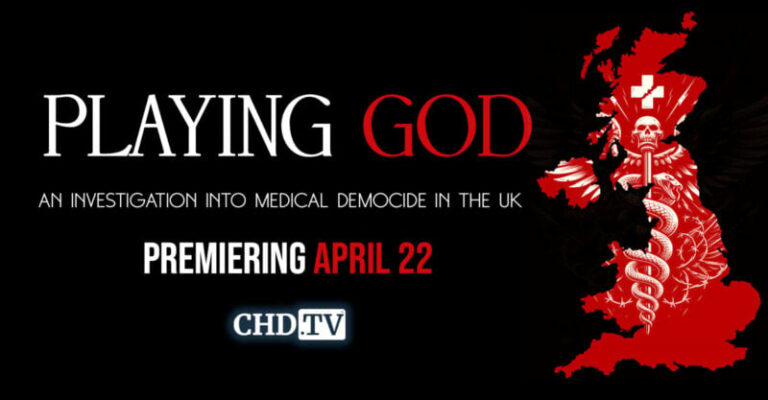Pandemic ‘Democracy’ is Machiavel back?
par Christian Staquet-Chibambo
In a previous contribution, we reported on the conflicts of interest that concern some of the influential members of the agencies and committees tasked with advising governments on management of the Covid-19 pandemic. These people (such as Michel Goldman and Lieven Annemans in Belgium, Christian Chidiac in France and Moncef Slaoui in the USA) have links with the interests of vaccine producers while simultaneously having a direct influence on the governments which decide on vaccine purchases.
These conflicts of interest pose a fundamental political problem that we will try to explain and understand here. To do this we need to use the notion of “biopolitics” developed by the philosopher Michel Foucault (1926-1984). The relevance of this concept has never been so obvious as it is today and it it’s only going to become more evident.
Biopolitics means a “seizure of power over man as a biological being, a sort of stateification of the biological”. In other words, “bioregulation by the state of the very life of populations (through the lens of economy, hygiene, health, sexuality, etc.)”. Nation states have a biopolitical power which varies in extent according to the size of their respective territories and populations. Vaccine producers are economic protagonists who have a biotechnological power that varies in extent according to their market share. These biotechnological and biopolitical powers also vary in intensity according to their ability to exert control over, transform and reprogram human biology. For example, genetic engineering offers a much more radical power over the biological than non-genetic methods. The conflicts of interest that we are focussing on would therefore correspond to a merger between biotechnological power and biopolitical power. To better understand this confluence of powers and the problem it presents, we’ve got to return to this premise from Michel Foucault: “Power relations are perhaps some of the most hidden things of the social body”.
A conflict of interest partially resembles corruption because in both cases it is a local merger of economic power with political power. This merger only poses a problem for those who believe that power should improve qualitatively through its democratic fragmentation. In the first true democracy, dating back to ancient Greece, the ‘Demos’ (the Greek word for people) monopolized all power so that the power split simply meant the demos expresses its will and votes without any intermediate elected body. This meant the demos didn’t command anyone and only possessed sovereignty over itself (1). In modern ‘democracies’, citizens are not directly sovereign but are represented and led by a parliament, a government , judges and the juries of the courts so that the division of powers means the separation between the legislative branch, the executive branch and the judiciary. However, in ancient democracy “the Greeks ignored what jurists call the separation of powers” (2). The modern separation of powers presupposes and involves yet another deeper separation. That being the ‘fundamental separation between political power and economic power”, notably in the sense that this separation “has enabled us to leave behind Feudalism” (3). These modern separations of power (between the executive, legislative, judicial and economic) reinforce each other and have all been abolished together under Fascism, National Socialism and communism (4). In short, the monopolization of power is therefore democratic if the people are directly sovereign, otherwise it is anti-democratic. However, a third way has been laid out and defended by the philosopher Nicholas Machiavelli: the dictatorial monopoly in a state of emergency (during a disaster, war, epidemic, etc.), Such a monopoly would be necessary to safeguard social order and should therefore be provided for within a democratic constitution.
These three types of monopolizations of power (direct democracy, anti democracy and state of emergency) are thus the most relevant in relation to the conflicts of interest surrounding the biopolitical management of the Covid-19 pandemic as they involve a convergence of economic power and political power. If we believe that the separation of powers in a democracy should cease during a state of emergency then it follows that either a conflict of interest is no longer a problem for us, or it is still a problem but in a slightly different way. Indeed the problem can be put differently: Machiavelli does not just think that the separation of powers should stop in the event of a state of emergency but he also praises the opportunity and ability of those able to acquire, expand and perpetuate their power monopoly by taking advantage of the circumstances either through a stroke of luck or by forcing them through treachery (5). Thus, political Machiavellianism encourages rapidly using the exceptional dictatorial monopoly, which has been granted democratically in a state of emergency, to transform the temporary monopoly into a permanent one. For example, this could be achieved by artificially prolonging the state of emergency and/or putting in place measures (executive, legislative, judicial, economic) which weaken democracy and perpetuate the power monopoly beyond the state of emergency (6).
While in effect, this monopoly of power allows itself to assume and maintain a discrepancy between it and the democratic, legal and judicial framework, which doesn’t not cease to regulate the rest of society. This coexistence of a monopoly of actual power and an impotent and passive democratic constitutional framework corresponds to what Ernst Frankel calls a “dual state.” (7) The current conflicts of interest we have highlighted relate to the members of expert committees and agencies which advise and guide the decisions made by the executive branch. Yet in Belgium, just like in France and Germany, the executive monopolises power under the pretext of a ‘state of emergency.’ The executive branch currently has a monopoly on all political power so taken together this situation is an effective merger of the biopolitical power of the state and the biotechnological power of private firms: “in reality power cannot be given or taken, it is exercised, and exists only in actions”. Due to the Covid-19 crisis, the current abolition of the separation of powers in these countries makes it possible to claim that they are “dual states” although this may no longer may the case in the near or distant future. In Belgium, a large number of experts in constitutional law recently published a document in which they confirm and stress that the current biopolitical measures are out of step with the constitutional foundations of the country because they attempt to endure “to the detriment of the constitution and the constitutional democratic state”.
Notes:
(1) Alain Fouchard « Des “citoyens égaux” en Grèce ancienne», dans Dialogues d’histoire ancienne, vol. 12, 1986, p. 155.
(2) Claude Mossé, Les institutions grecques à l’époque classique, Paris : Armand Colin, 1999, p. 70.
(3) Olivier Beaud, « La multiplication des pouvoirs », dans Pouvoirs, vol. 143, n°4, 2012, pp. 47-59.
(4) Edgar Mass, « Montesquieu et la Loi fondamentale de la R.F.A. », dans Dix-huitième Siècle, n°21, 1989, pp. 163-177.
(5) Nicolas Machiavel, Discours, chapitre XIV et Le Prince, chapitres VI et VIII.
(6) Ernst Fraenkel, The dual State, New York : Oxford University Press, 1941, pp. 9-13.
(7) Ernst Fraenkel, The dual State, New York : Oxford University Press, 1941.
Suggest a correction







